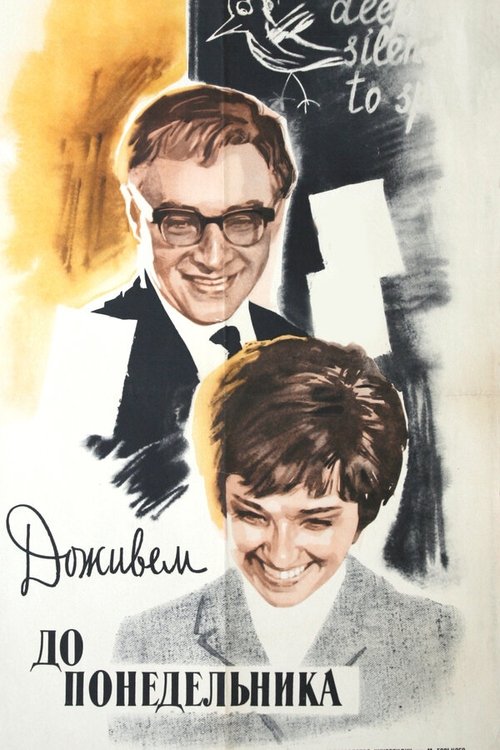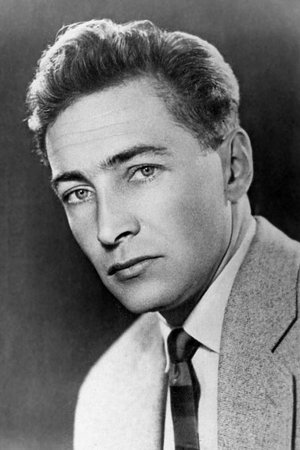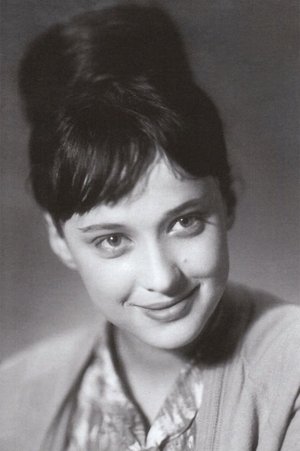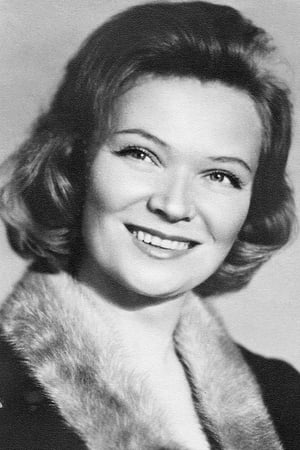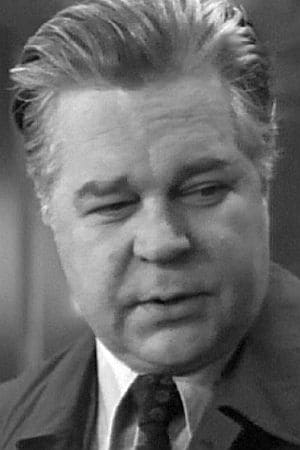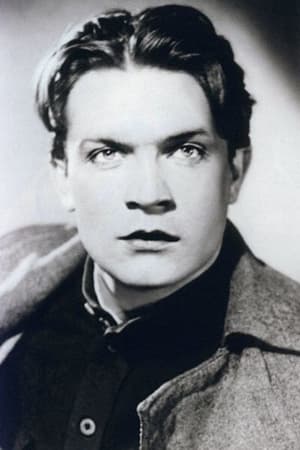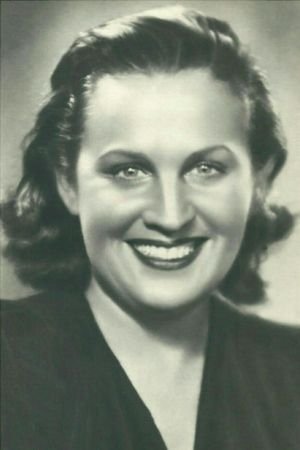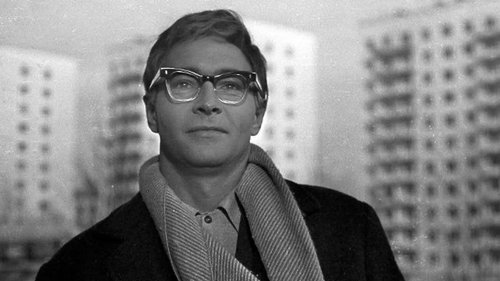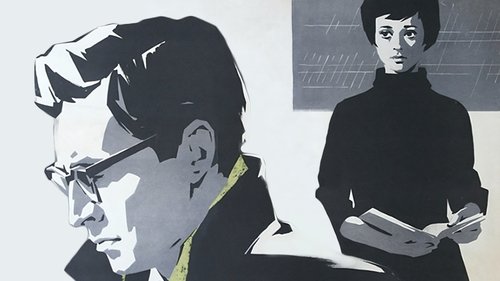
Aqueronte72
8
|
sep. 02, 2024
A light love story sneaks in during the peculiar crisis of education experienced by Professor Ilya Semyonovich as a crisis of teaching and morality in the school where he teaches history; there is not much originality either in the subject or its treatment but the strength of the film is the tenderness of more than two scenes, for example the mother crying in silence while Ilya sings and plays the piano "Sing to me, Oriole, a song from the desert, In my life. But in life we are soldiers, and already within the limits of the mind, the atoms tremble, destroying the houses in a white whirlwind." From the beginning, moral values are questioned, mainly of youth, first with the sequence of discrimination and hazing of the students to the newly arrived teacher Natalya Sergeyevna, and then, the crow introduced by the student Shestopol, who by the way is the same withdrawn student who, for reasons not understood, burns - almost at the end - the letters of the teacher Svetlana Mikhailovna who is supposed to be celebrated for completing 20 years of teaching work but, unfortunately, demonstrates it with rigidity and inflexibility instead of love for the classes to the young people. Ilya's crisis about whether his teaching role is essential or whether the grain of sand he contributes is worth it reaches a level of depression in him that he ends up going to request his leave or at least a vacation, regardless. which is barely half a course. Ilya's mother knows that she suffers because her son cannot change the order of things or the new mentality of the boys, although she involuntarily talks to him about the way the new teacher was in love with him. Neither Ilya loses his balance of integrity by exploring love with her, nor does Natalya, the new teacher, blackmail or corner her former teacher who is now her partner. That is to say, the film weights brains and professionalism rather than the fever or crazy impulses of the moment.
And in fact, between the two, they strengthen the weak points in teachers like Svetlana who take advantage of the opportunity in their classes to discourage - even if not voluntarily - their students with their pessimism. "If they are wrong - Ilya refers to the students - we still have time to prove it to them." Ilya is so appreciated by classmates and students that they end up being expectant or on the lookout when a rumor spreads that the history teacher will stop working there. That is why in the end, after interceding for the student Shestopol who was awarded the burning of congratulatory papers for the teacher Svetlana, Ilya settles with words that leave the students astonished "the lesson was tremendously fruitful, and now we must say goodbye." Everyone looks him in the eyes in silence for seconds, immediately the end of class bell rings and he adds "next time we will talk about the armed uprising in December. I hope you don't burn down the school before then." Very rarely is the value of a profession measured with so much love, as to test oneself and consider giving it up, in order to continue loving the ideal that from the beginning made us choose it to live. The latter does not have quotes, because it is said by the person who writes this, a university professor who understands Ilya.
